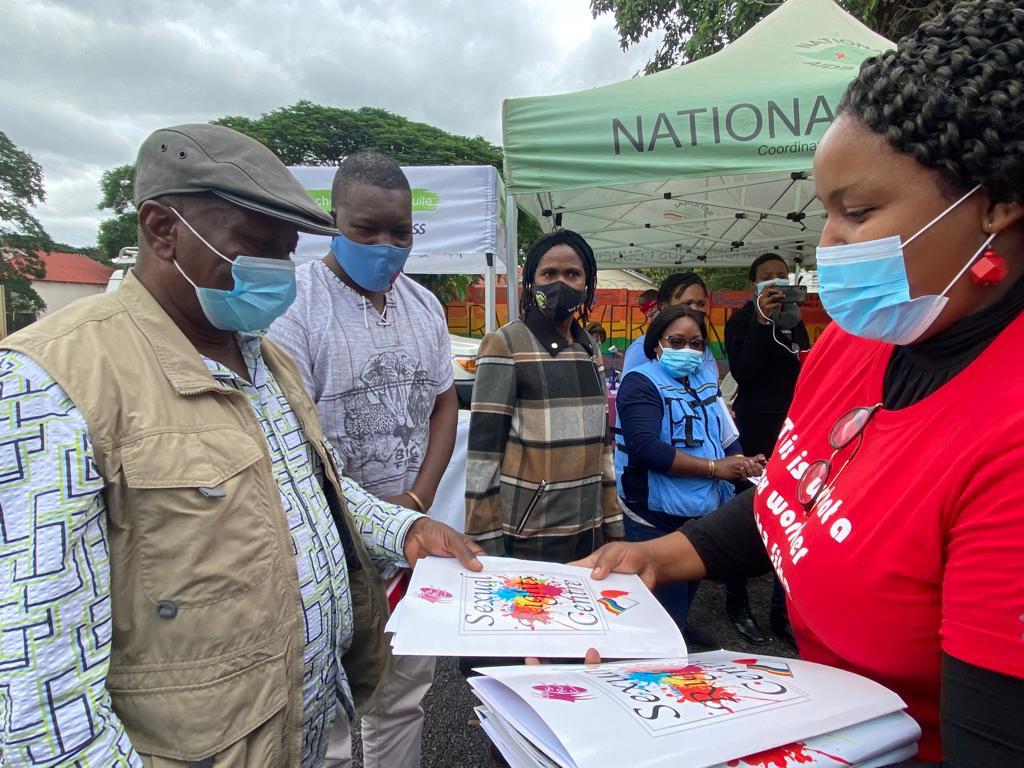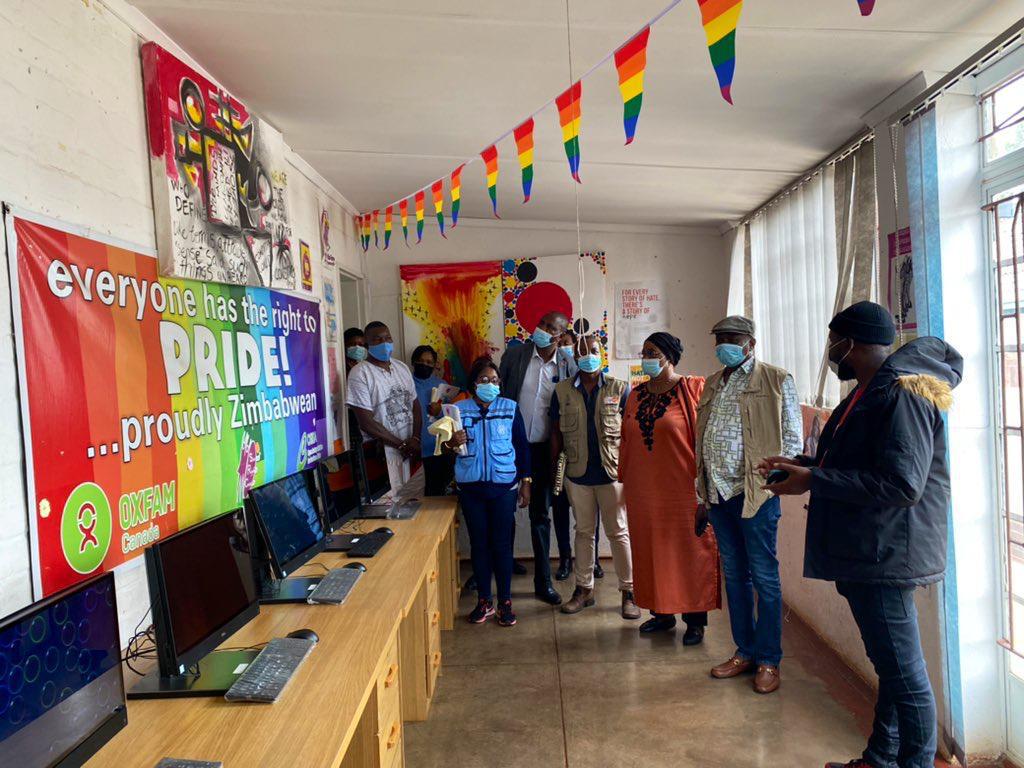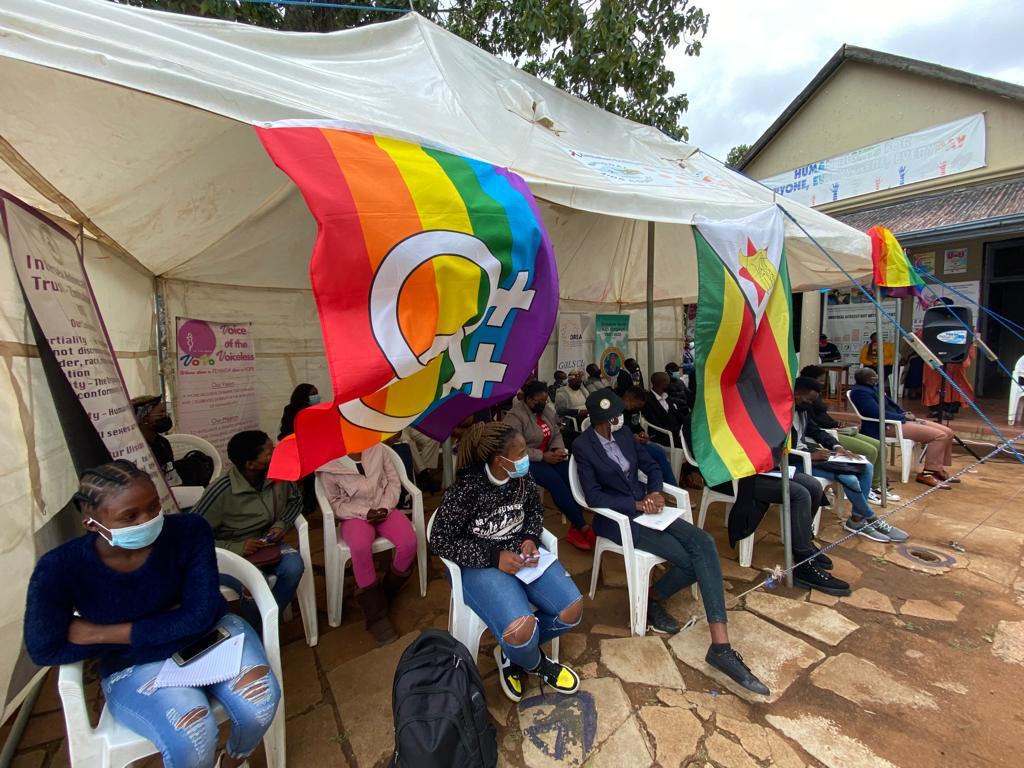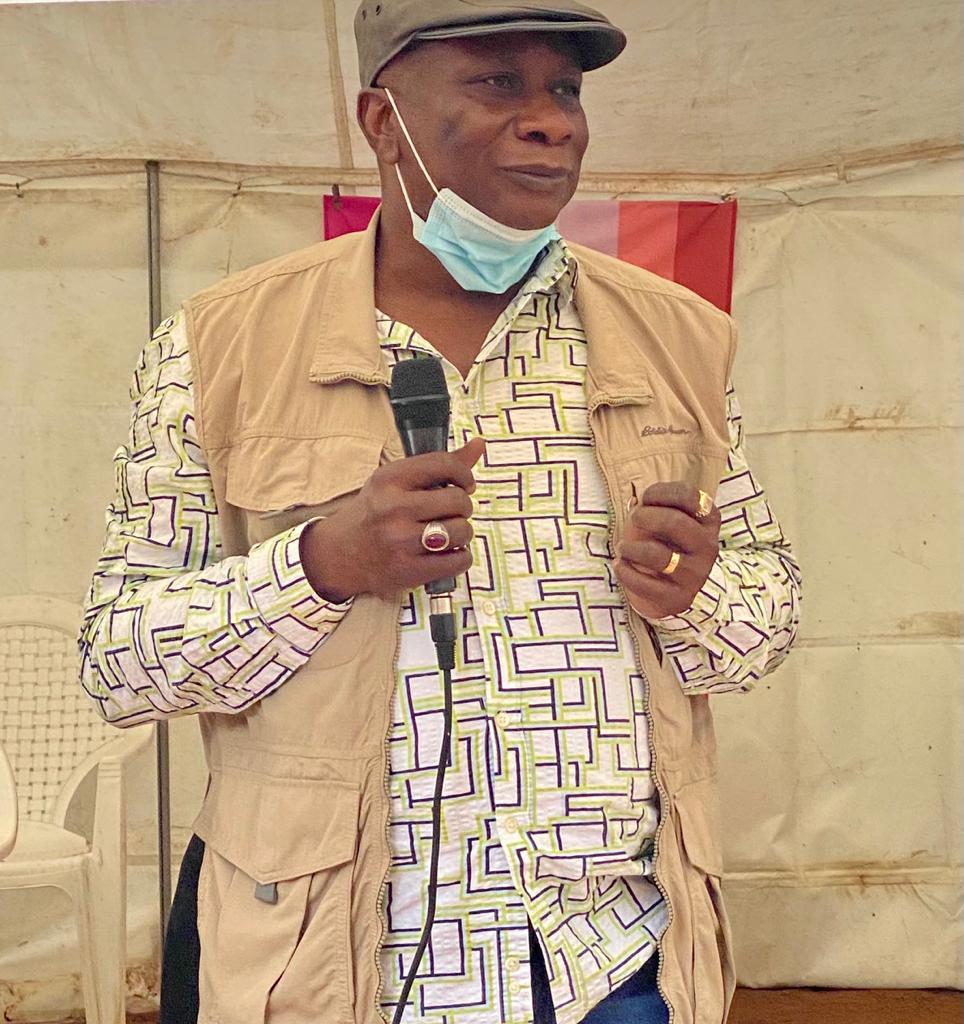One of the symbolic identities of humanity today, says United Nations Resident and Humanitarian Coordinator for Zimbabwe Edward Kallon, is the need to continue fighting, defending and protecting one’s rights.
Kallon said as a human rights defender, he understood the importance of fighting for one’s rights.
The UN Resident Coordinator made these sentiments when he visited the Sexual Rights Centre (SRC) offices in Bulawayo Friday, which serve as a Drop-in Centre for Key Populations such as sex workers, people of concern and the Lesbian, gay, bisexual, transgender, queer, intersex, asexual (LGBTQIA) community.
“It’s been a pleasure to visit you today. To me the rights are inalienable, rights must be protected. When I come to a gathering of this nature, I am reminded by one basic reality and that is rights and how we can work together to make sure those rights are not taken away from us in whatever we do and engage,” Kallon said.
Also present were representatives from various UN agencies, the National AIDS Council and collective groups that work with SRC.



The visit to Bulawayo was Kallon’s first since he arrived in Zimbabwe on January 7, 2022.
“I am using this opportunity to come out to learn, appreciate the work of the UN system in Zimbabwe. From Bulawayo, we head out Saturday to Victoria Falls where I have brought together all the UN country teams to see how we can plan and work together to support the government of Zimbabwe implement the national development strategy for the next five year,” said the UN resident coordinator.
“This visit for me is more like learning and listening. I’m trying to appreciate what the UN is doing in Zimbabwe. I am also here to try to appreciate the challenges, opportunities out there to see how we can continue supporting the efforts of the people and government in Zimbabwe and for your special interest and issues. I think it’s so central to what the UN stands for and what the UN is here to support and protect.”
Kallon said what he liked about the Drop-in Centre was seeing the dynamism and the desire for these groups of people to protect their rights.

